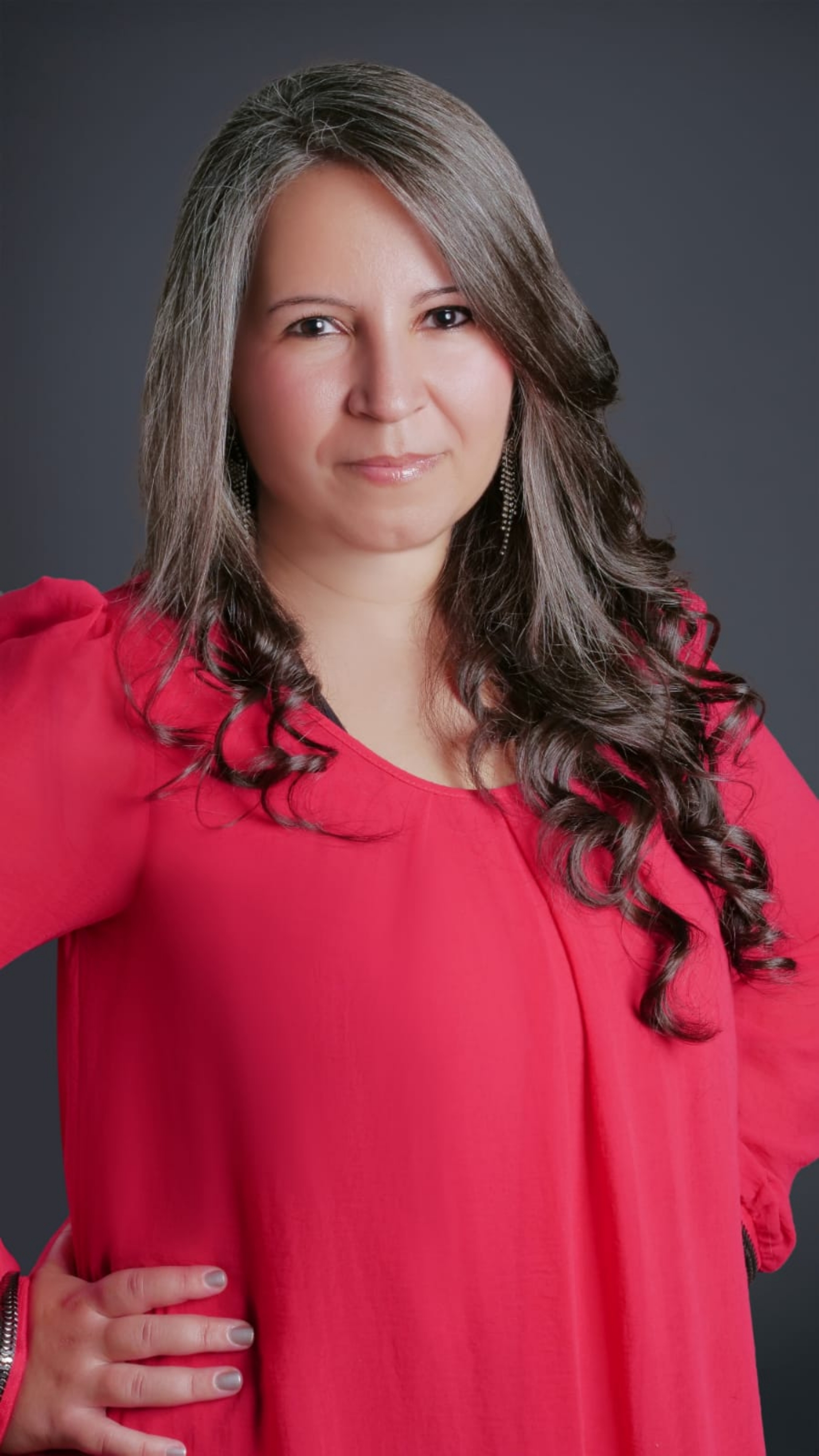
Spotlight: Niki Mapouras-Hyder, Founder of NMH
Tell us about you, your experience and your time in the ME?
I have been in Dubai for six years, after following my husband here as many women do. We were newly married and both eager to grow our careers here in the Middle East. I am very grateful that I got to experience the UAE pre-children as it gave me a glimpse into the corporate world from a different angle. I worked in Private Equity where it was fast-paced and high-intensity. I moved to a big consultancy where I experienced Dubai as a working mother. The organisation really supported their workforce in a different way. They supported the transition out to have children before welcoming you back, encouraging women to return to work after maternity leave. However, I still struggled when I re-joined.
What inspired you to set up your business in the UAE?
Having returned to the corporate world twice after having children, I lost my identity and purpose at work. It was very difficult and I couldn’t understand why it had happened. I was a strong, independent career woman who was confident and focused before going on maternity, but coming back really knocked my confidence. I was confused about what my role was and it frustrated me. I looked for a place to find answers, yet couldn’t find a community I resonated with. I wanted to connect with other women who were equally focused on returning to the corporate world and getting the right support to challenge themselves, grow in confidence and regain their identity. I founded NMH to provide that practical and supportive community.
Do you think organisations in the UAE are becoming more flexible in their approach to working parents and those returning after a career break?
In short, yes. Covid played a key role in challenging corporates and showing them the importance of examining the traditional structure versus flexible working. It shone a light on people’s values and time ratios spent in the office. I believe the big corporates recognise that there is a large talented pool of candidates who are not being utilised in the correct way and who would benefit their organisation. You see more part-time and flexible options for returning mothers and others returning from a career break. Also, more returnships are being offered and encouraged.
What more can companies do to support returners and ease their transition back into the workforce? In addition to offering formal returnship programmes (i.e. paid internships for professionals who have taken career breaks) and flexible options, they could support through the following:
- Mentorship and coaching to help people navigate their re-entry into the workforce.
- Training and development programs to help returners update their knowledge and address any skill gaps.
- Create a supportive and inclusive work environment where everyone feels valued.
- Recognise and reward employees’ contributions with promotions and pay rises.
- Building a strong employer brand. Companies can attract more returners by building a strong brand that emphasises their commitment to diversity, equity, and inclusion, as well as their focus on employee well-being and work-life balance.
What are some of the biggest challenges companies are facing over the next 5 years?
- Skill gaps and outdated knowledge: With rapid technological advancements and evolving industries, returners may face skill gaps or lack knowledge about the latest trends and tools. Companies will need to invest in training and development programmes to bridge these gaps and ensure returners are equipped with the necessary skills to succeed.
- Bias and stigma: Unfortunately, there may be a stigma associated with career breaks, leading to unconscious bias during the recruitment process and a lack of inclusion in the workplace. Combating this bias and fostering a welcoming, inclusive environment will be crucial for attracting and retaining returners.
- As we live in such a fast-moving and transient place, there is an abundance of people and skill levels and this never-ending revolving door of candidates can impact quality.
- Demographic shifts and talent acquisition: The Middle East’s population is growing rapidly, with a large youth demographic. Companies will need to attract, retain, and develop this young talent pool to meet their workforce needs. This could involve offering competitive compensation and benefits, providing opportunities for training and development & creating a work environment that is attractive to millennials and Gen Z.
What are the main skills employees need to meet the region’s talent requirements?
Dubai is a rapidly growing and dynamic city with a strong demand for extremely talented and highly skilled individuals. To ensure you thrive in Dubai’s competitive job market, employees need to have a combination of hard and soft skills that align with the city’s evolving industries and priorities.
Hard skills:
- Digital literacy: Dubai is embracing digital transformation, and employees need to be digitally literate to adapt to the changing workplace
- Multilingualism: Dubai’s diverse population and global connections make multilingualism an asset.
Soft Skills:
- Continuous learning and upskilling: The pace of technological advancements and industry shifts necessitates a commitment to continuous learning and upskilling. Employees should be eager to acquire new skills and adapt to evolving industry trends
- Cultural sensitivity and cross-cultural collaboration: Dubai’s multicultural workforce requires employees to be culturally sensitive and respectful of diverse backgrounds. Understanding cultural nuances and fostering inclusive work environments are essential for effective collaboration.
- Problem-solving and adaptability: Companies need employees who can effectively identify and solve problems, adapt to changing circumstances, and think creatively to overcome challenges.

 EN
EN AR
AR HI
HI ES
ES FR
FR DE
DE











